Growing up in purity culture, how many of us soaked up the narrative that our bodies are bad- sinful vessels communicating sinful needs? We learned from early on to distrust and ignore what our bodies are telling us.
What many don’t realize is the implications of distrusting our bodies goes far beyond denying ourselves pleasure and worldly desires. It can have substantial consequences and complicate how we engage with trauma and healing in this world.
PICKING UP WHERE WE LEFT OFF
If a diagnosis for movie-induced narcolepsy existed, I would have it. Practically without fail, if I sit down to watch a movie, alone or with others, it’s only a matter of time before I fall asleep. It doesn’t matter the genre, or even if it’s good or bad. In fact, it’s almost like the more I want to watch the movie, the quicker I fall asleep.
Dozing off in a movie is a slow process. It starts with a few extra long blinks, closing your eyes for what feels like a second (but really it’s a few minutes), until finally you’re out cold.
Inevitably I’ll try to rewatch the movie, picking up where I left off – except I “left off” in several different places. I opened my eyes for a few minutes here, missed that full conversation there, saw that fight scene a few minutes later, but completely missed the outcome. My memory of the movie is in flashes. I can remember several scenes, but I don’t feel very confident in my understanding of the overall plot – how the characters got from one scene to the next.
THE NATURE OF TRAUMATIC MEMORIES
Making sense of traumatic memories can feel really similar to recalling a movie during which you’ve fallen asleep. Research shows traumatic memories are typically stored as snapshots rather than full narratives.
Like far too many women, my history with trauma includes a sexual encouter that did not involve consent. Making sense of my memories from that night was so disorienting. Much like my sleepy movie memories, the memories of my trauma were disjointed images, smells, and noises. They were fragmented scenes that made trusting (and explaining) the full picture of what I knew happened quite tricky.
Did that mean it didn’t happen? Was I mistaken? Was it my fault? I didn’t feel like I had a handle on the narrative, so I shied away from trusting it. When I shied away from trusting the narrative of my trauma, I backed away from healing too. I didn’t feel like I was entitled to heal from something if I couldn’t account for every detail or prove with extensive evidence exactly what happened, how and why.
But healing is not contingent on your participation, innocence or ability to make sense of the wound. It is warranted by the existence of the wound itself.
Imagine withholding care after wiping out on a bike because you couldn’t explain exactly why you slid out, or because you were on a bike – what did you expect?
TRUSTING THE BODY’S MEMORIES
What I didn’t understand is that in addition to the memories our minds store, our bodies hold memories as well. Paired with these images were very real physical sensations; a flush of fear, a wave of nausea, a haunting chill. My body had stored its own narrative too.
Trauma is not defined by the details of an experience. It is classified by the way our bodies feel in response to that experience. But this is hard to understand, acknowledge or recognize when you’ve been conditioned to ignore your body, distrust it, or even hate it.
In my experience, however, our bodies aren’t so easily quieted. I ignored warning signs that I was not okay for years, until I couldn’t any more. For some of us that may look like sickness, rage blackouts, anxiety, depression. The body is wildly resilient and will do whatever it can to get our attention.
Despite what culture, our judicial system and others have led you to believe…
You can stop beating yourself up for not remembering the full narrative of what happened to you.
You can release the shame of not being able to prove to yourself and others every detail of your experience.
You can stop dismissing the validity of your pain because you think if it was real, it would have had a bigger impact on you and your memory.
Friend, it had an impact. That’s why you’re thinking about it.
It is a gift you don’t have to carry around every gruesome detail all day every day. When it comes to healing, the details of the offense do not carry as much weight as how they’ve made you feel.
You can still heal without having an airtight case. You can go ahead and believe what your body is telling you and finally let yourself feel and heal.
EMPOWERED HEALING
It can be helpful to talk about things like this with trusted friends and family. The more we realize it’s not just us, the more empowered we feel to step into our healing and get the help we need. That being said, it’s so hard to talk about sexual assault. Even if you wanted to, how would you bring it up? If you’re a loved one who wants to check in on a Survivor, it can feel like gingerly navigating a field full of landmines.
It’s a tricky balance, but that doesn’t mean it’s impossible. If you’re looking for some tips to help you responsibly talk about sexual assault, I’ve made a guide for us. I hope it can help you see that you’re not alone, you deserve healing and your body’s experience in this world is valid and worthy of your attention.
~~
Inspired by what you just read? We invite you to not stop there but keep the conversation going by taking a moment to work through the following journal prompts.
-
Spend some time reflecting on the following quote from Charissa’s article: “Trauma is not defined by the details of an experience. It is classified by the way our bodies feel in response to that experience.” Spend some time processing any emotions or sensations this brings up and honor the story your body is telling you.
-
Have you allowed shame or any other false narrative to speak into your life as you process trauma and hurt? Take a moment to reflect and ask Abba to help you believe the truth and bring His peace. Shame, false guilt, and other lies do not have to have the final word in your story.
-
What stirs up in your soul as you read this quote? “You’re not alone, you deserve healing and your body’s experience in this world is valid and worthy of your attention.” Do you believe that you are worthy of healing? That this is what God wants for you? Why or why not?
P.S. Did you know we sell a beautiful journal collection perfect for your healing journey? You can check out the Grit & Virtue Journal Collection here!
Enjoyed it? Share it!
Charissa Brim
The stories of our lives matter, but often the most impactful stories are the ones that go unspoken.
Through narrative nonfiction, and as cohost of the podcast, "Never Would Have Guessed", Charissa helps others who have been impacted by trauma, namely sexual assault, move through trauma towards healing. She believes when we are able to connect to the spaces around us, between us and within us, we perpetuate healing in ourselves and in others. By making sense of our varied trauma responses, Charissa invites us to heal and live life to the brim.
But wait, there's more...








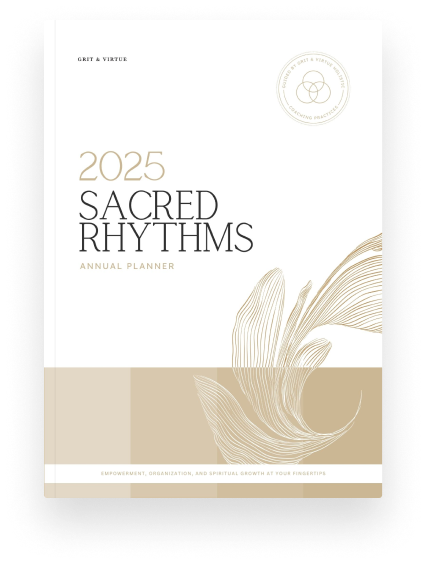

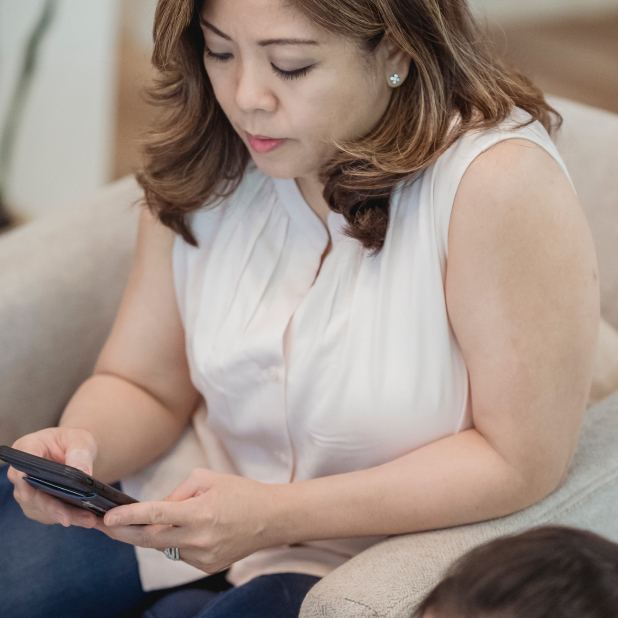



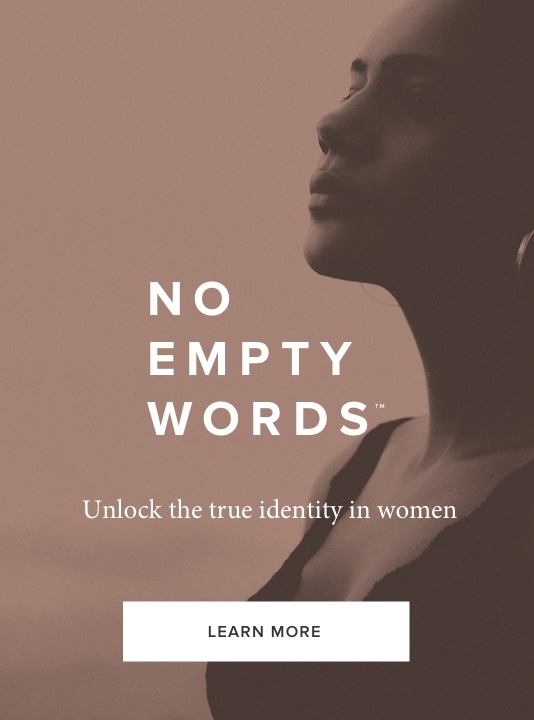

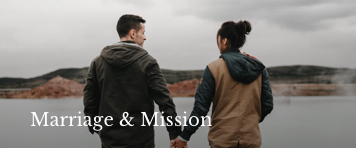
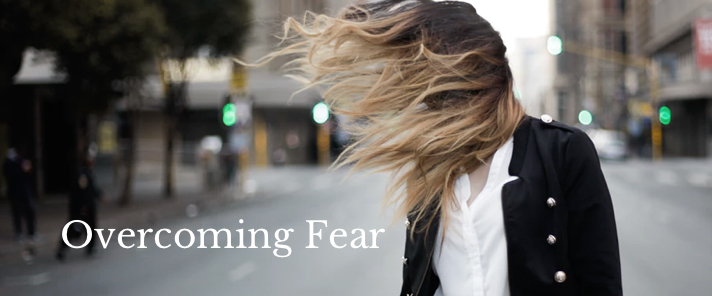

Thank you so much for sharing and for allowing God to use you as his vessel. This was so on time for me , I mean at that very moment that I needed it. Thank you for saying so beautifully and perfectly what I know so many are feeling and experiencing.God Bless You!